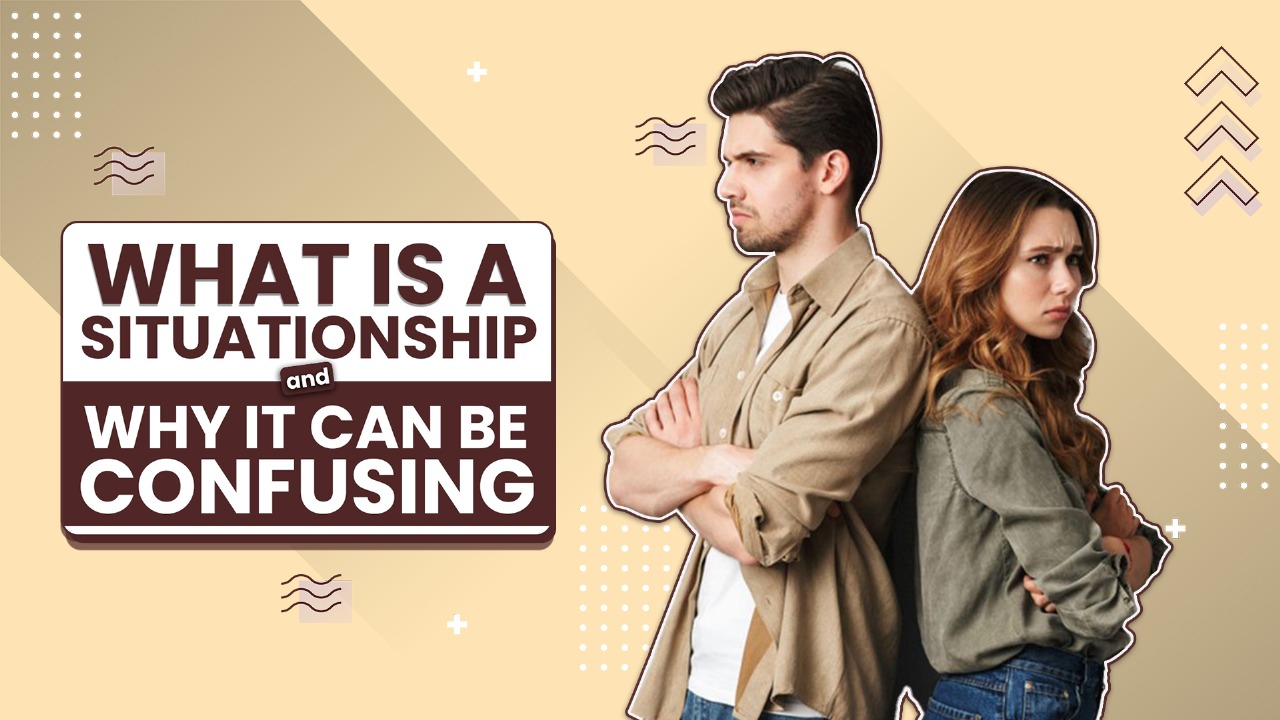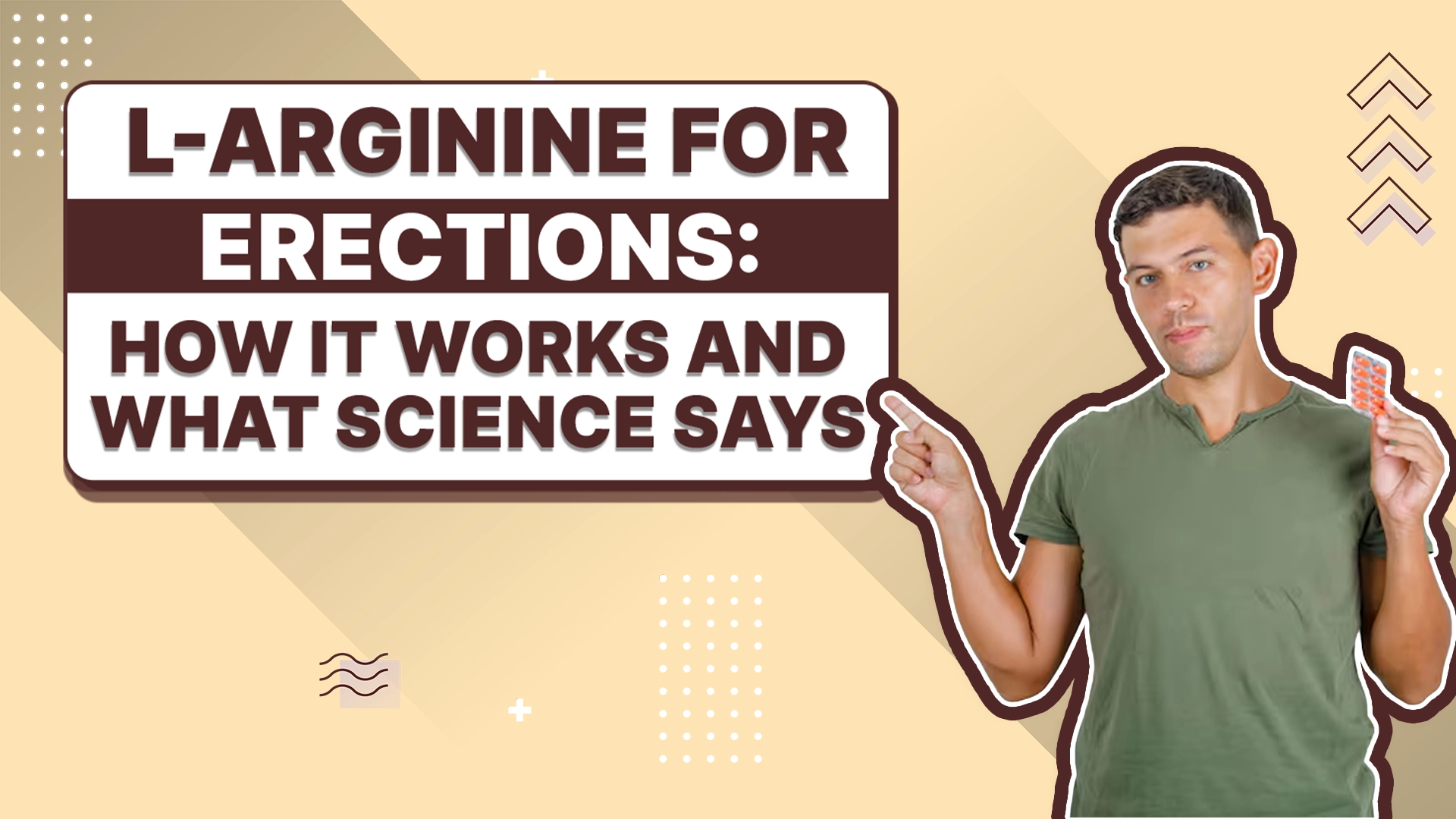These days, not all relationships are clearly “just friends” or “official couples.” That’s where the term situationship comes in a modern type of connection that’s often unclear, undefined, and emotionally tricky. If you’ve ever found yourself spending a lot of time with someone, acting like a couple, but unsure of what you are together, you might already be in one.
This blog will explain the real situationship meaning, why it can feel confusing, and what to do if you’re in one. We’ll also share tips to help you communicate better, find clarity, and figure out what you want.
What is the meaning of Situationship?

A situationship is when two people are in a relationship that looks like dating but doesn’t have clear definitions. You spend time together and may even be intimate, but you don’t know what you mean to each other. These kinds of partnerships generally work well when there are confusing signals and unspoken rules.
Both people may want more, but they don’t say anything because they’re afraid of being turned down or things changing. The connection is in a grey region where it’s not merely a friendship or a totally committed partnership. Situationships can be fun at first, but as time goes on, one person often wants more while the other doesn’t want to commit.
Why Situationships Can Be Confusing
The lack of communication is usually what makes a situationship so confusing. One person may assume it’s going somewhere, while the other enjoys the current setup without wanting more.
You might spend quality time together, talk daily, and feel emotionally close, but still avoid the “What are we?” conversation.This can be confusing and lead to stress, overthinking, or heartbreak especially if one person has stronger feelings or different expectations.
Also Read: Sexless Relationship Advice When You Feel Stuck and Your Marriage Is Killing You
Are Situationships Always Bad?
Not all the time. For some people, a situationship can be a source of comfort, friendship, or even help them heal after a bad breakup. It can also work for people who aren’t ready to make a major commitment. However, issues can arise when one person wants an example or commitment and the other person doesn’t. It’s easy to get wounded or waste time expecting a relationship to become real when it might never happen if you don’t talk to one other.
How to Tell If You’re in a Situationship
Here are a few signs that suggest you may be in a situationship:
- There’s no label on the relationship, even after weeks or months.
- Plans are usually last-minute or casual.
- Communication is inconsistent, sometimes intense, sometimes distant.
- You’re emotionally involved, but unsure where you stand.
- One or both of you avoid deeper conversations about the future.
How to Communicate When You’re in a Situationship
The only way to get out of confusion is through communication. Here are some helpful tips:
Be Honest With Yourself First. Before talking to the other person, get clear on what you want. Do you want to keep things casual, or are you looking for something serious?
- Ask Direct but Respectful Questions
Try asking: “How do you feel about us?” or “What are you looking for in a relationship?” This opens the door for honest dialogue without pressure.
- Avoid Playing Games
Don’t play games. Trying to make them jealous or waiting for them to talk first only delays the truth. Be honest and kind.
- Be Ready for Any Answer
The truth may hurt, especially if they don’t want what you want. But knowing where you stand allows you to make the right decision for your own emotional health.
Should You Stay or Walk Away?
There is no one right or wrong thing; only what feels right for you. You might want to take a step back if the connection makes you feel tired or unsure of your worth. But it’s okay if you two are happy and content without labels, as long as you are honest with each other. Examples are very important in any situationship. Don’t be afraid to say what you really desire.
Conclusion
After you have understood the true meaning of situationship, it is important to reflect and express what you really want. You can feel drained and unhappy if you are in a relationship that has no labels. With honest conversations, self awareness, and courage you can protect your feelings and move towards a relationship that brings peace to you instead of confusion.
You will find clarity if you ask yourself this question: Is it because I am comfortable, or do I choose to settle for less? Your answer will help you. Remember, love should be a grounding feeling and not unsettling.
FAQs
Q 1. What is a situationship?
A situationship is a relationship that’s more than friends but lacks clear labels or commitment. It often exists in a gray area of dating.
Q 2. How is it different from dating?
Unlike dating, there’s no defined commitment or future plans. Expectations are often unspoken, leaving room for confusion.
Q 3. Why can situationships be confusing?
Mixed signals and unclear boundaries make it hard to know where you stand. Both people may want different things secretly.
Q 4. Can a situationship become a real relationship?
Yes, if both communicate openly and share similar goals. Otherwise, it may stay stuck in uncertainty.
Q 5. How do you know if it’s time to leave?
If it drains you emotionally or leaves you feeling undervalued, it’s a sign to move on. Clarity and honesty are key.
Q6. What does a situationship really mean?
It’s an undefined romantic connection that lacks clarity, labels, and long-term commitment, something more than casual dating but not quite a relationship.
Q7. What is the difference between casual dating and a situationship?
Casual dating usually involves both partners agreeing to it, whereas a situationship is often characterized by mixed signals, uncertainty and unmet expectations.
Q8. Can a situationship become a serious relationship if the two people involved are on the same page and willing to take the next step?
Yes, it can but only if both people are on the same page, communicate openly, and are willing to commit to the next step together.
Q9. Is it healthy for both partners to be in a relationship?
If one partner wants more and the other does not want to commit, this can lead to emotional pain.
Q10. How can you end a relationship in a respectful way?
Be honest, calm and kind. Explain why the relationship is no longer working and end it without blame.










